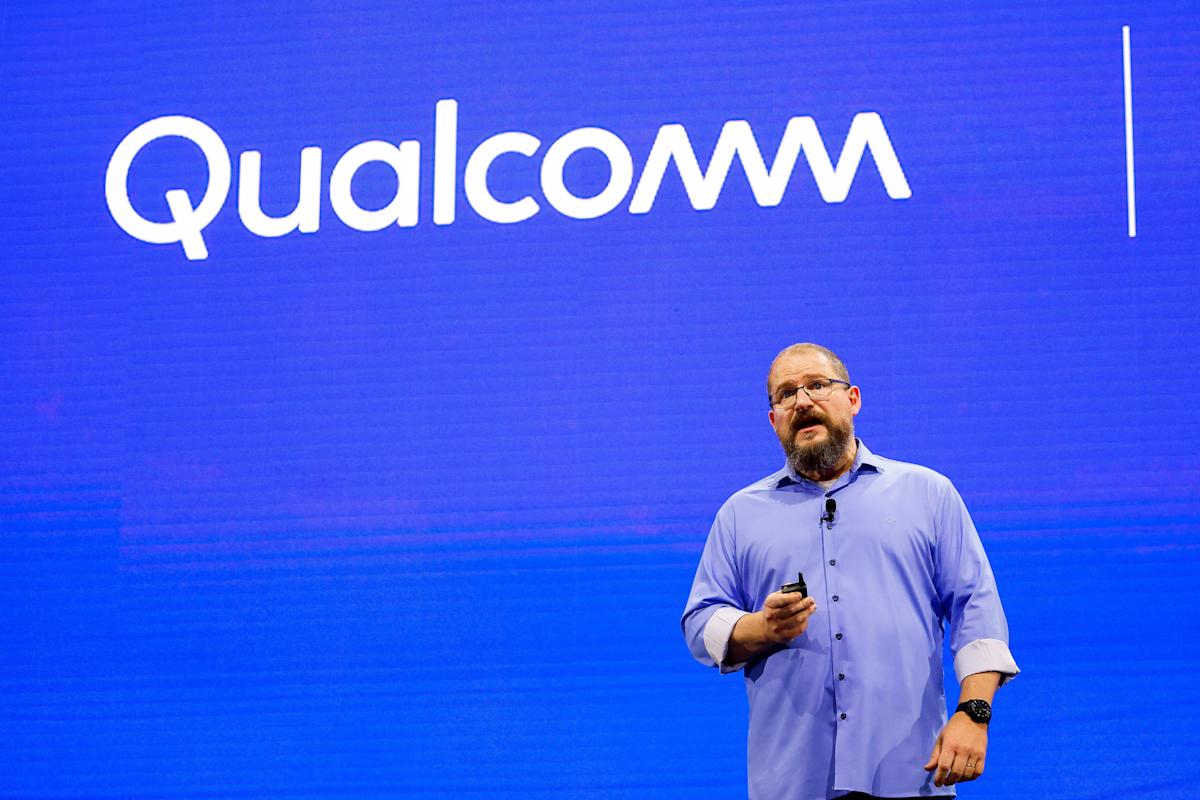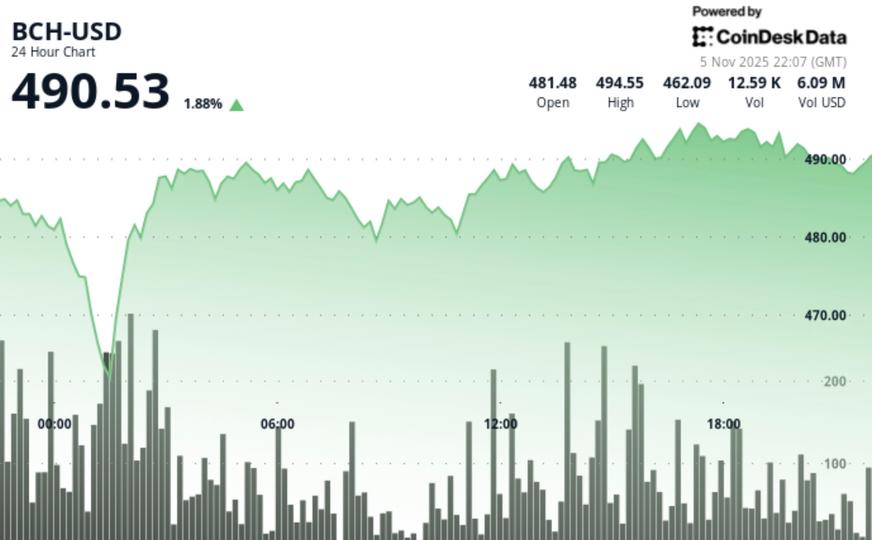
Qualcomm Q4 Results: Surpassed Expectations


Qualcomm Exceeds Expectations in Earnings Report
Qualcomm (QCOM) reported its fourth-quarter results for the period ending Wednesday, surpassing expectations on both the top and bottom lines. The company provided better guidance, projecting revenue between $11.8 billion and $12.6 billion against a forecast of $11.59 billion.
However, Qualcomm reported a defensive accounting expense of $5.7 billion related to President Trump's Big Beautiful Bill. Following this news, Qualcomm shares fell by more than 2%.
In the fourth quarter, Qualcomm reported an adjusted earnings per share (EPS) of $3.00, while revenue was $11.27 billion. According to Bloomberg consensus estimates, analysts had anticipated an EPS of $2.88 and revenue of $10.7 billion. In the same quarter of 2024, the company's reported EPS was $2.69 and revenue was $10.2 billion.
Qualcomm's business model is divided into the QCT segment, which includes revenue from smartphones, the Internet of Things, and automotive, and the QTL segment, which encompasses revenues from technology licensing. QCT achieved revenue of $9.8 billion, compared to a forecast of $9.3 billion. QTL generated revenue in line with expectations at $1.4 billion.
The company derives a significant portion of its revenue from smartphone chip sales and licensing agreements for smartphone technologies. However, as smartphones become more widespread globally, the market has slowed.
Qualcomm is also facing the possibility of losing its relationship with iPhone producer Apple (AAPL). Apple plans to use its own custom chips in its iPhone lineup, currently utilizing its chips in the iPhone 16e and iPhone Air models.
To overcome this situation, Qualcomm is diversifying its offerings by expanding into the artificial intelligence data center and PC chip markets. Last week, Qualcomm introduced its AI200 and AI250 data center chips along with rack-scale server products. The AI200 is expected to launch in 2026, while the AI250 is set to be released in 2027. A third chip is planned for introduction by 2028.
The rack-scale server system is designed to pool computing resources from multiple chips to enhance performance capabilities. Nvidia (NVDA) offers its own rack-scale system, while Advanced Micro Devices (AMD) recently announced its Helios rack-scale product.
Qualcomm previously sold an artificial intelligence chip, but this time aims to directly compete with Nvidia and AMD. Following this announcement, Qualcomm shares rose by 11%. Nevertheless, Qualcomm shares have lagged behind competitors such as Nvidia, AMD, and even Intel (INTC) over the year.
In the past 12 months, the shares have only increased by 9%; whereas Nvidia's shares have risen by 44%, AMD's shares by 82%, Intel's shares by 64%, and the S&P 500 (%GSPC) by 18%.
The transition to the data center segment provides Qualcomm access to a rapidly growing market, but this market is primarily dominated by Nvidia and AMD. On the PC side, Qualcomm sells processors that compete with Windows computers.
.png)
Yakında Tüm Platformlarda
Sizlere kesintisiz haber ve analizi en hızlı şekilde ulaştırmak için. Yakında tüm platformlarda...





.png)